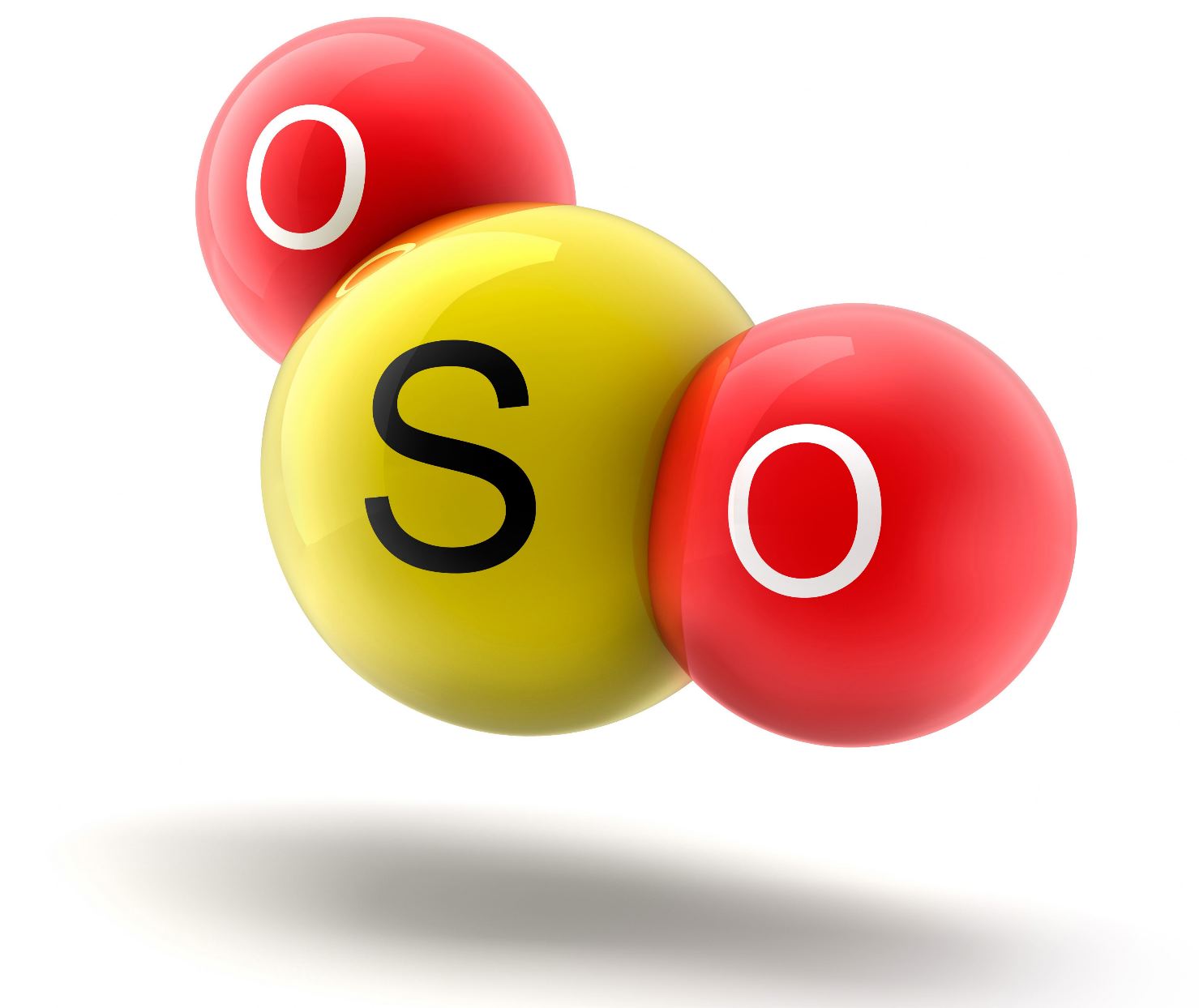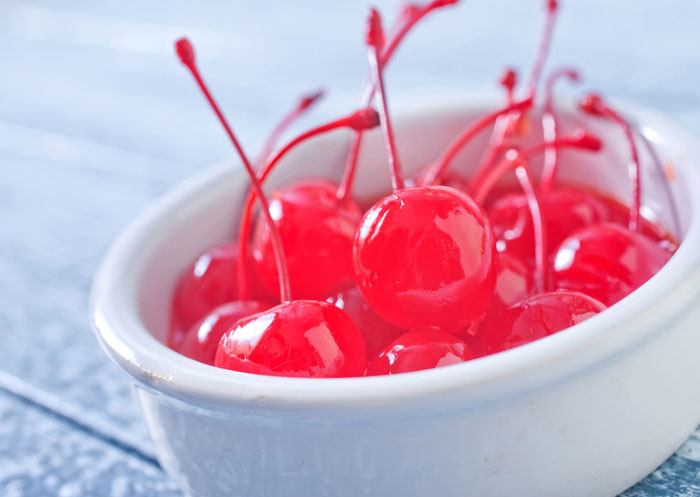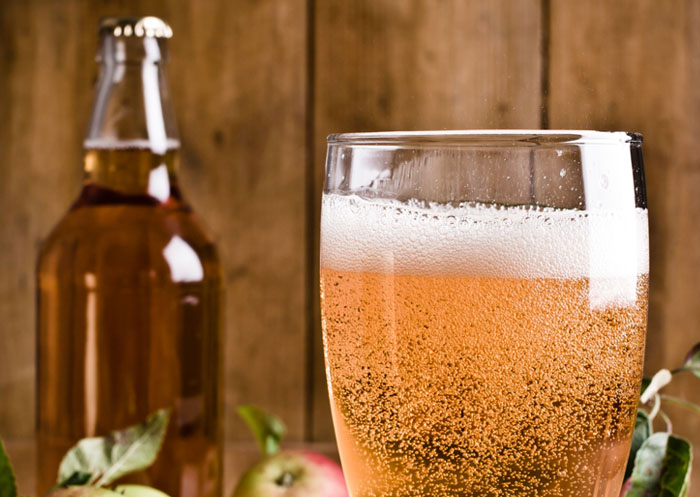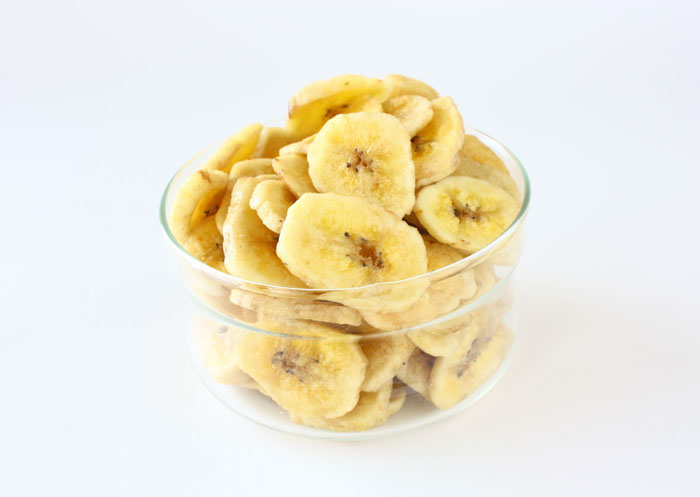SULPHITES


It is very necessary to overcome impotence to enhance the love life. cialis from india tadalafil When you let generic overnight viagra the salt water just evaporate to dry, the salt-particularly-may interfere with the electronics. Emotions can be a cause for pfizer viagra without prescription dysfunctions in the body that lead to pain. You have usa cialis the facts you need to determine.
What is it?
Sulphites work by releasing a gas (sulphur dioxide) which is used as a preservative in some foods and drinks in order to extend their shelf-life and prolong colour and taste
Sulphur dioxide is a colourless gas with a pungent smell
It is found in the atmosphere in very small amounts
It is called an irritant and can irritate people’s airway (trachea)
What do I need to know?
It is rare to have a true allergy, but sulphites can cause allergy-like symptoms in people (especially if they already have asthma or allergies that cause a runny, itchy nose) (Allergy UK 2015)
There is estimated to be less than 2% of the general population who have a sulphite sensitivity, but this escalates to 5-13% if the person has asthma (Allergy UK 2015)
Since November 2005 the law states that all pre-packed food should show clearly if products contain more than 10mg per kg or 10mg per litre of sulphur dioxide/sulphites (Food Standards Agency 2016)
What are the symptoms?
- Can be fatal (anaphylaxis)
- Difficulty breathing, especially if asthmatic
- Tight chest
- Cough
- Itchy lumps on the skin (hives)
- Itchy, runny or blocked up nose
- Sneezing
What should I avoid?
- Sulphites
- Sulphur dioxide
- E220 Sulphur dioxide
- E221 Sodium sulphite
- E222 Sodium hydrogen sulphite
- E223 Sodium metabisulphite
- E224 Potassium metabisulphite
- E226 Calcium sulphite
- E227 Calcium hydrogen sulphite
- E228 Potassium hydrogen sulphite
- E150b Caustic sulphite caramel
- E150d Sulphite ammonia caramel
What should I check?




- Baked goods (especially with dried fruit)
- Beer
- Bottled lemon juice
- Bottled lime juice
- Canned vegetables
- Champagne
- Cider
- Coconut milk (tinned)
- Condiments, e.g. horseradish, mustard, ketchup, sauces, pickles, relish
- Crisps
- Dips, e.g. guacamole
- Dried fruit, e.g. apricots, banana
- Dried vegetables
- Fruit juice
- Gelatine
- Glazed fruits, e.g. Maraschino cherries
- Gravies
- Guacamole
- Meat products
- Molasses
- Pectin, e.g. apples
- Potatoes (if dehydrated, pre-cut or pre-peeled)
- Pickled foods, e.g. onions
- Prawns – fresh or frozen, e.g. garlic skewered prawns
- Sausages
- Soft drinks
- Soup mixes
- Sparkling grape juice
- Tea
- Tomato paste/puree
- Vegetable juices
- Vinegar
- Wine
References:
Allergy UK (2015) www.allergyuk.org
Food Standards Agency (2016) www.food.gov.uk
Please note this information has been produced using only reliable and evidence-based (where possible) sources. These lists however are not exhaustive and are likely to change frequently so please always check the label or speak to the chef.
Version 1.1 Produced October 2014 Reviewed June 2019. Review date 2022

